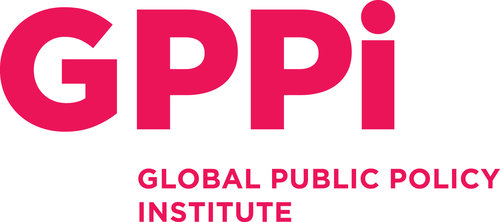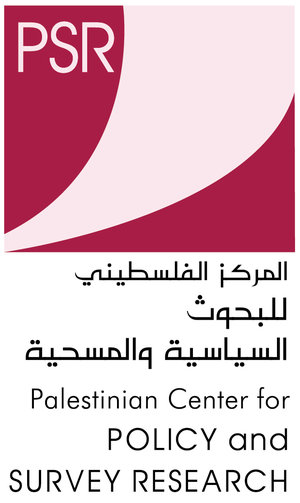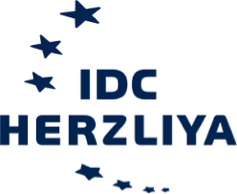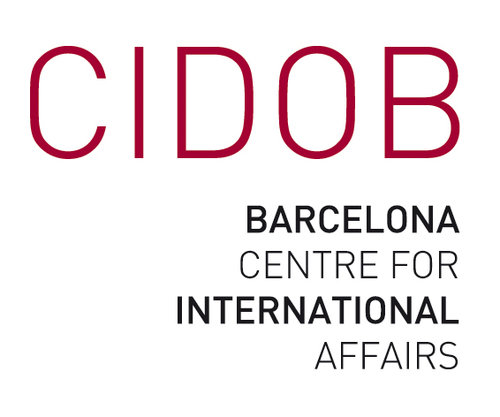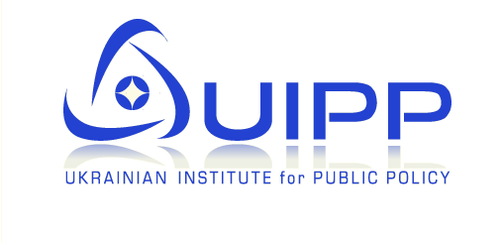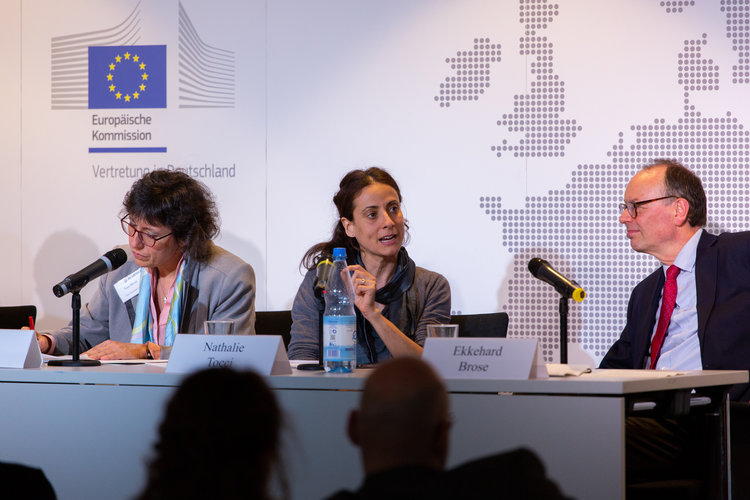
Between 2018 and 2021, EU-LISTCO investigated the challenges posed to European foreign policy by identifying risks connected to areas of limited statehood and contested orders.
After the project finished its workstreams in July 2021, the work is being continued in different formats. We encourage you to stay up-to-date with similar research programmes in which EU-LISTCO partners are involved.

De-Radicalisation in Europe and Beyond
D.Rad aims to identify the actors, networks, and wider social contexts driving radicalisation, particularly among young people in urban and peri-urban areas by studying radicalisation and polarisation in Europe and beyond.

Envisioning a New Governance Architecture for a Global Europe
EU external action warrants a strong, unified voice. The ENGAGE project examines how the EU can effectively and sustainably meet strategic challenges by harnessing all of its tools to become a more assertive global actor.

A Joined-up Union, a Stronger Europe
JOINT is a project aimed at assessing challenges to EU foreign and security policy and how the EU and its member states can make their foreign and security policy structures more joined-up and sustainable.
EU-LISTCO Open Access Final Publication
From Democracy Promotion to Resilience-Building in the EU’s Neighbourhood: Preventing Violent Conflict and Governance Breakdown
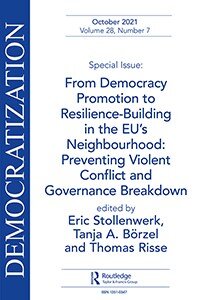
Latest Publications
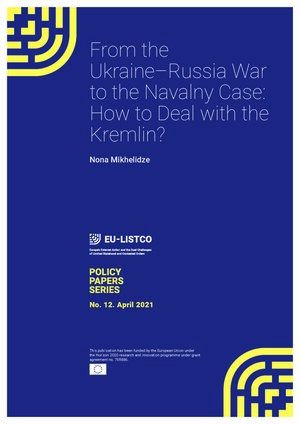
From the Ukraine–Russia War to the Navalny Case: How to Deal with the Kremlin?
Russia’s foreign policy is shaped by domestic factors and the authoritarian nature of its governance. This policy paper discusses the strategies the West needs to respond to the international and domestic wrongdoings already committed by the Kremlin and to deter Moscow’s future aggression.
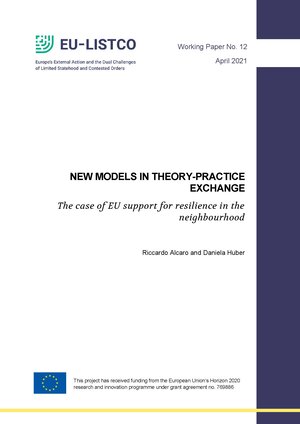
New Models in Theory-Practice Exchange: The Case of EU Support for Resilience in the Neighbourhood
This working paper takes the case of European policies in support of resilience in the EU’s neighbourhood to explore the potential of a more flexible model of theory-practice engagement based on knowledge exchange rather than transfer.

The EU’s New Agenda for its Southern Neighbourhood: The Case for a Green and Inclusive Review
Does the EU’s new agenda for the southern neighbourhood respond to the demands and practices of the Arab uprisings or does it revert to the stability paradigm? This policy paper argues that the EU could regain relevance in a multipolar region by putting itself more firmly behind citizens and their demands in the region.
Latest Blog Posts
- Germany’s Ambiguity Toward Human Rights Weakens EuropeAs she nears the end of her last term as Germany’s chancellor, Angela Merkel should revert to toughening the EU’s stance on human rights. Making them subservient to trade and economic ties discredits the EU.
- What Role For Europe As Georgia Heads Toward Political Turmoil?Georgia has missed the chance to achieve a coalition government and end the tradition of one-party rule. After its 2020 parliamentary election, the country seems doomed to another four years of oligarchic rule.
- EU To Russia: Stay Out Of Belarus!The European Union and its member states should put maximum pressure on Russia to follow their example and not meddle with the internal affairs of Belarus. Let the Belarusians deal with their own situation.
Consortium Members
Partner Projects







